Torrevieja Council had developed a comprehensive project that included the construction of four cycle lanes and the enhancement of another, with a budget of €1,245,603. The objective was to establish secure pedestrian pathways for the schools Cuba and Acequión. A 600-meter cycle lane was intended to connect the municipal sports facilities along Avenida de Monge y Bielsa, in addition to a bike lane, which would have been essential for car-free mobility.
Additionally, a 4,860-meter cycle path was proposed to traverse the northern littoral of the city centre, connecting Avenida de la Purísima, Mariano Ruiz Cánovas, Alfred Nobel, Martín Luther King, and Avenida de París. Additionally, enhancements to the Delfina Viudes cycle path were planned to facilitate the connection between the city centre, the recreation area, and Mare Nostrum High School.
Required due to its absence
The city’s bike lane network is virtually nonexistent, with the exception of those that have been recently constructed with limited resources around the Ciudad del Mar and IES Mediterráneo schools, as well as those that run parallel to the CV-95, Avenida Delfina Viudes, and the greenway. This is despite the fact that a significant number of foreign residents are dedicated to cycling and the proliferation of dozens of electric scooters, which facilitate the mobility of young individuals and hundreds of commuters.
Roads that are safe
The installation of bike lanes was not the most significant project in the area encompassing Cuba and Acequión schools. There was a proposal to expand the pavements on the streets that connect to both institutions. This would entail the integration of prefabricated modules that are designed to fit together and conform to the pavement, thereby enabling the continuation of the pavement on narrower sections without the necessity of civil engineering. Families are required to negotiate the constricted pavements of Calle Apolo and Zoa in the context of Cuba School.
The Delfina Viudes cycle lane was intended to be connected to Avenida Cortes Valencianas by the Avenida Monge y Bielsa bike lane.
A different version than the one specified in the file
The Ministry of Transport and Sustainable Mobility has not accepted the changes requested by the Council to the projects, as they would necessitate a modification to the contract specifications and current deadlines are being missed, according to the governing board’s resolution withdrawing the award process. Additionally, the municipality is unable to fund this endeavour. Consequently, the Director General of Procurement determined that there was no other viable alternative, despite the fact that it is a “exceptional” alternative to suspending the award and withdrawing. Despite the fact that municipal technical services had expedited the process to the maximum, it was concluded in a record-breaking one month. Nevertheless, the withdrawal occurred.
Reasons
Federico Alarcón, the councillor delegate of the governing board, did not provide an explanation for the City Council’s loss of €1.2 million in EU funds at a press conference, despite the resolution’s explicit assertion that the council has failed to meet deadlines. He maintained that the €1.2 million funding would not be forfeited; rather, it would be allocated to other European-funded initiatives. He also stated that the waiver had been granted due to the Council’s intention to remodel the Cuba School, which would necessitate modifications to the project. Nevertheless, the Cuba School’s renovation has been designated as the municipality’s last priority for school renovations. The municipality is required to address the replacement of up to four schools in barracks in the upcoming years, including the one that is set to open in Mar Azul at the end of the year, as well as the comprehensive renovation of the Las Lagunas Secondary School.

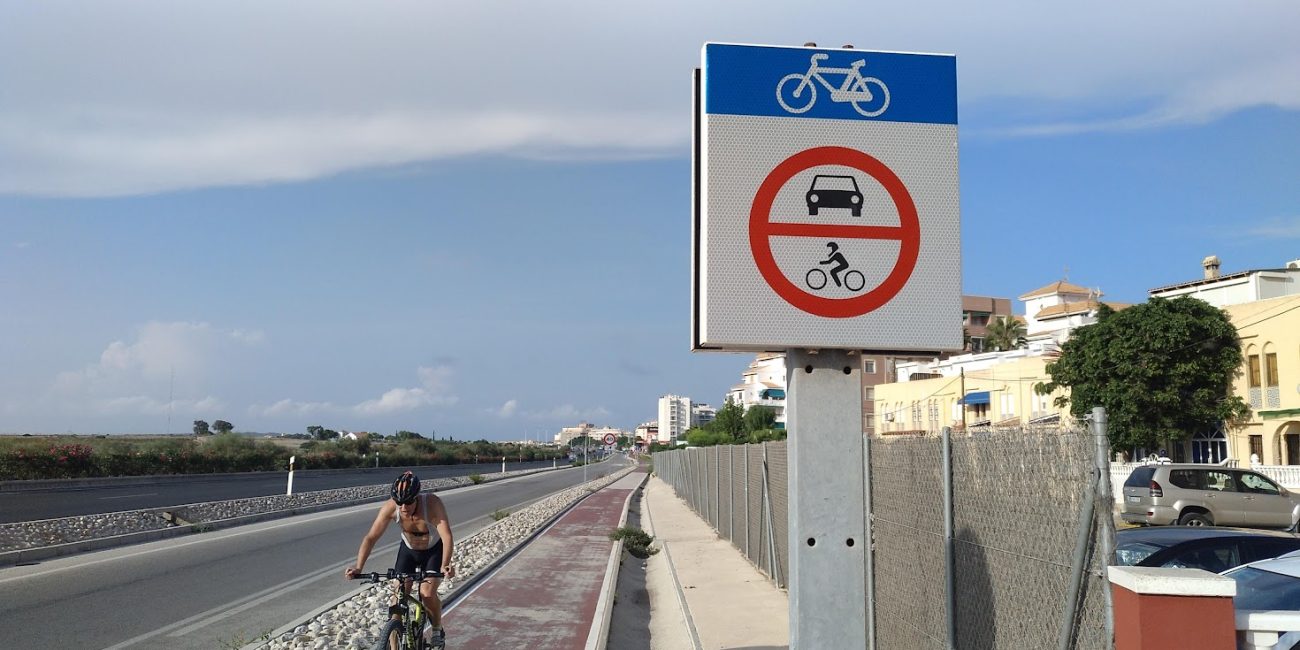

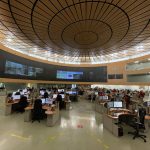

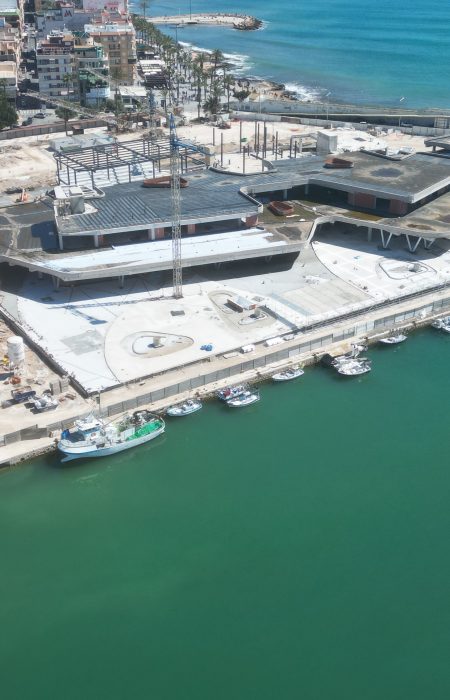
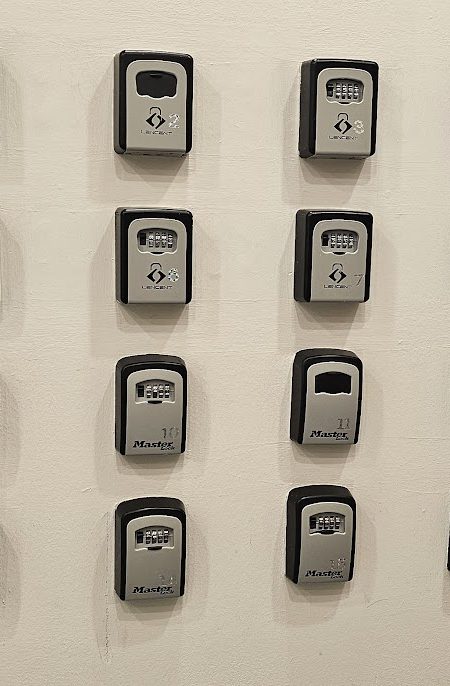
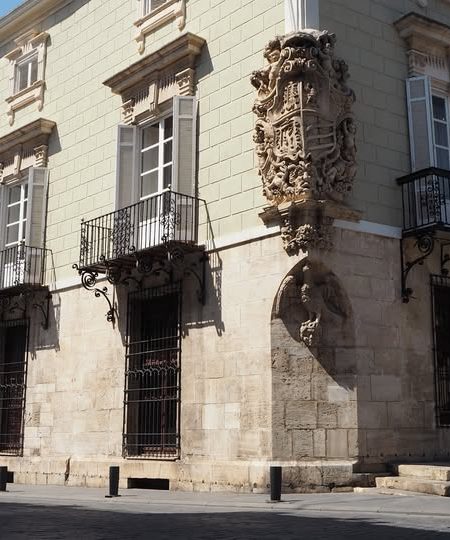
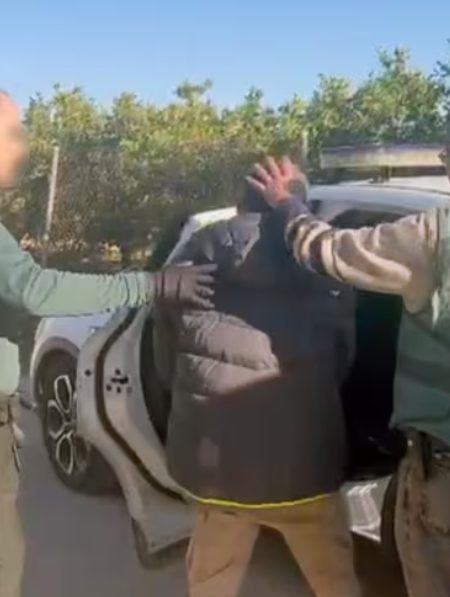
No Comment! Be the first one.